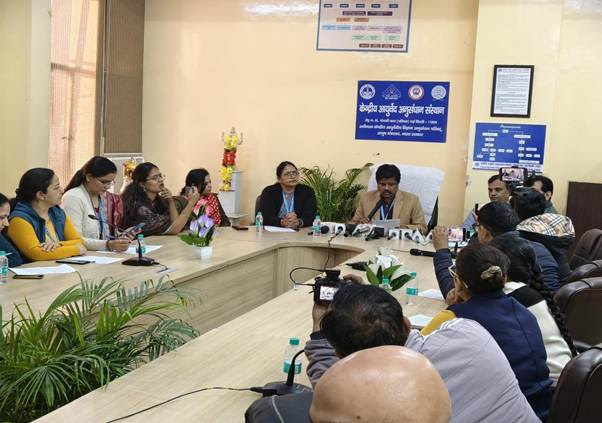Now Reading: Dalai Lama Confirms Successor Will Be Chosen After His Death, Sparks Global Attention
-
01
Dalai Lama Confirms Successor Will Be Chosen After His Death, Sparks Global Attention
Dalai Lama Confirms Successor Will Be Chosen After His Death, Sparks Global Attention

In a significant statement, Tibetan spiritual leader the Dalai Lama has said that his successor will be identified only after his death, putting an end to ongoing speculation about the timing and process. The announcement has once again brought global attention to the future of Tibetan Buddhism and its leadership, especially as political tensions with China continue to cast a shadow over the succession process.
Clarity on the Succession Plan
Speaking during an interaction, the Dalai Lama clearly stated that the traditional process of identifying his reincarnation will begin only after he passes away. This follows the centuries-old Tibetan Buddhist belief that the Dalai Lama is reincarnated in a new body after death.
His remarks are being viewed as a move to reaffirm spiritual customs amid political narratives, particularly as China has earlier indicated it would influence the selection of the next Dalai Lama. By making his stance clear now, the 88-year-old spiritual leader is preserving the religious traditions followed for generations.
Religious Tradition vs Political Influence
The question of the Dalai Lama’s succession is not just religious—it’s deeply political. The Chinese government has repeatedly asserted that any reincarnation of the Dalai Lama must be approved by Beijing. However, the Tibetan community in exile, currently based in India, rejects this claim, insisting that the process must remain free of political interference.
This debate carries strong emotional weight in India, especially in places like Dharamshala (home to the Tibetan government-in-exile) and Tier 2 cities such as Dehradun, Bodhgaya, and Leh—regions that host Tibetan communities and monasteries.
Impact on Tibetan Communities in India
For many Tibetan families living in India, the Dalai Lama is not just a religious figure but a symbol of identity and hope. His clarity on the succession timeline reassures the community that their spiritual path will be guided by traditional beliefs, not political negotiations.
Indian Buddhists and spiritual seekers from cities like Varanasi, Rajgir, and Sikkim also follow developments closely, as the Dalai Lama’s teachings influence a wide spiritual base beyond Tibetans alone.
Global Interest and Future Implications
The Dalai Lama’s remarks have once again highlighted the complex relationship between faith and politics. While his statement offers clarity, it also raises questions about how the future process will be protected from external pressure. The global Tibetan diaspora and rights groups are expected to support a transparent, faith-led approach to the selection.
Meanwhile, governments around the world, including India’s, may need to balance diplomatic relations with China while respecting the sentiments of the Tibetan community.
Conclusion
By stating that his successor will be chosen only after his death, the Dalai Lama has upheld religious tradition while sending a clear message against premature political involvement. For followers in India and across the world, his decision reinforces the importance of preserving faith over politics. As the spiritual world prepares for the eventual transition, the spotlight will remain on how tradition and autonomy are upheld in the years to come.

























